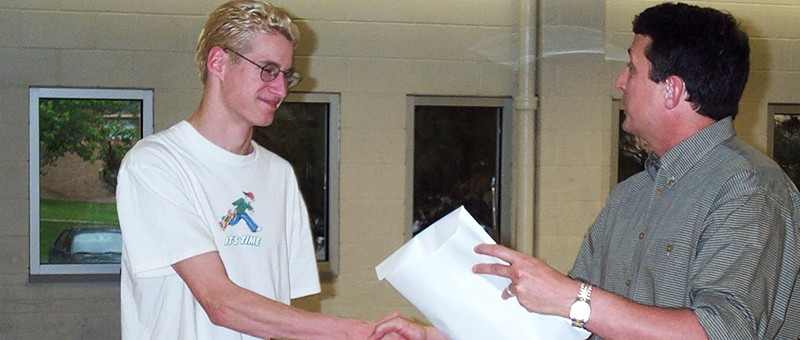There are two ends of the shelter spectrum. I'll call them the "straitjacket" and the "sea-breeze" philosophies.
The one pop-culturally associated with homeschoolers is oppressive, binding, restrictive -- like a straitjacket to your soul. These are people who hole up in their ideological bunkers to hide away from the evil, scary, dangerous, polluted world. Sin, like nuclear fallout, will destroy them if they go outside. So they stay safely locked up, away from the radiation and draw of the wider world.
Parents who embrace this ideal will find their efforts thwarted. Children raised in extremely partisan households tend to rebel against their upbringing. Princess Leia said it well to Governor Tarkin, "The more you tighten your grip ... the more star systems will slip through your fingers." Indeed, I believe we need to relax more, like an archer. Looking to modify behavior -- over walking with our kids toward Christ -- leads us to lose our joy in parenting and can quickly provoke children to anger. Stop it. It's bad for you. It's bad for your kids.
I had a rather sheltered homeschool experience. But it was nothing like what I just described. Instead, my childhood was like a day at the beach, sun, shells, bikinis, beach balls, and all. Sure, I got sand in my shorts. Sometimes I got burned. The air was occasionally fishy. My parents let me practically and metaphorically dig moats, fly kites, talk to people, explore, run, play, discover. We were comfortable with questions. The world was open to me, and I was encouraged to interact with it and exhibit God's love and grace to any and all whom I met along the way.
The sheltering I had, then, was a shaded awning, like something made from bamboo and dried palm fronds. The sea-breeze could flow in with the sights and sounds of life. I could go out and come back. I had a safe place to be, protected from rain and cold. I was not tossed alone into the world. I was sheltered, covered, protected ... and free.
Again and again, I discover that life does not rock a Sonlighter's sheltered world. That can't happen. Because as we read our Bibles and biographies, we encounter complex characters and situations. We learn about life. The waves roll in and ruin our empires of dirt. Like anyone, we can be disheartened and disillusioned. But we're not huddled in a concrete box praying nothing gets in. We are standing on the shore, looking out.
~Luke Holzmann
Filmmaker, Writer, Guardian







